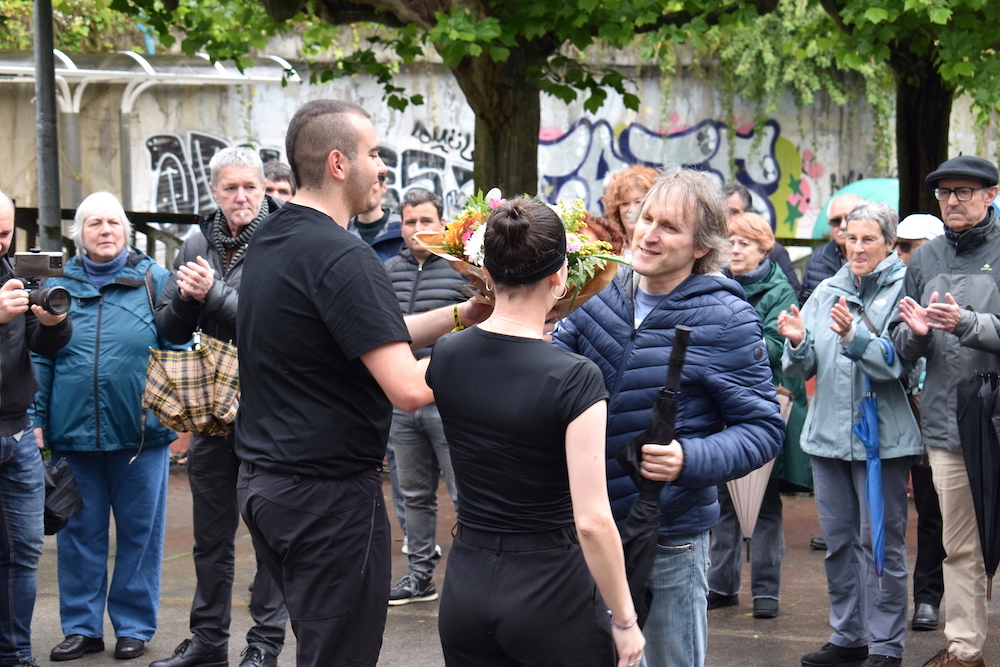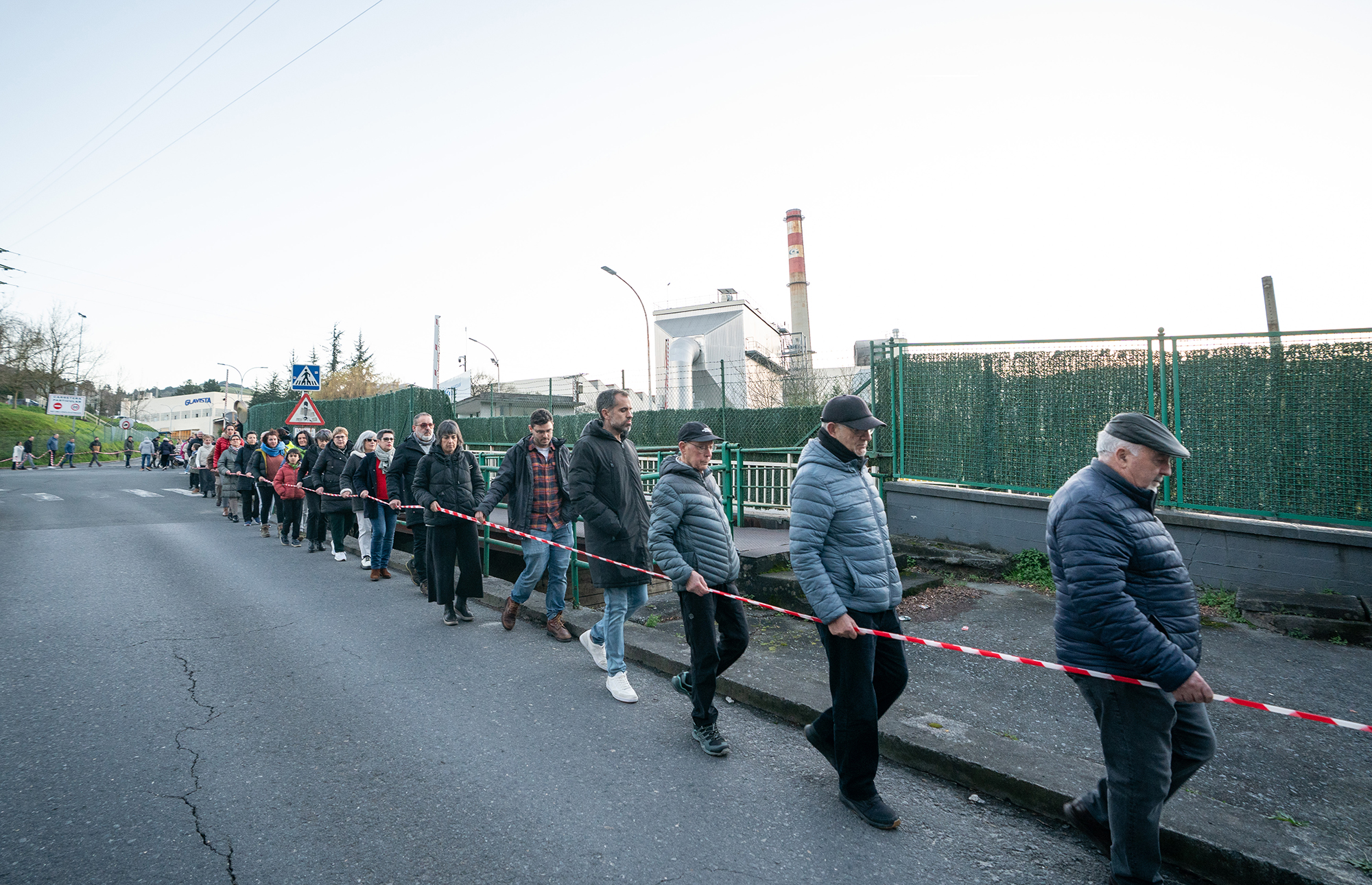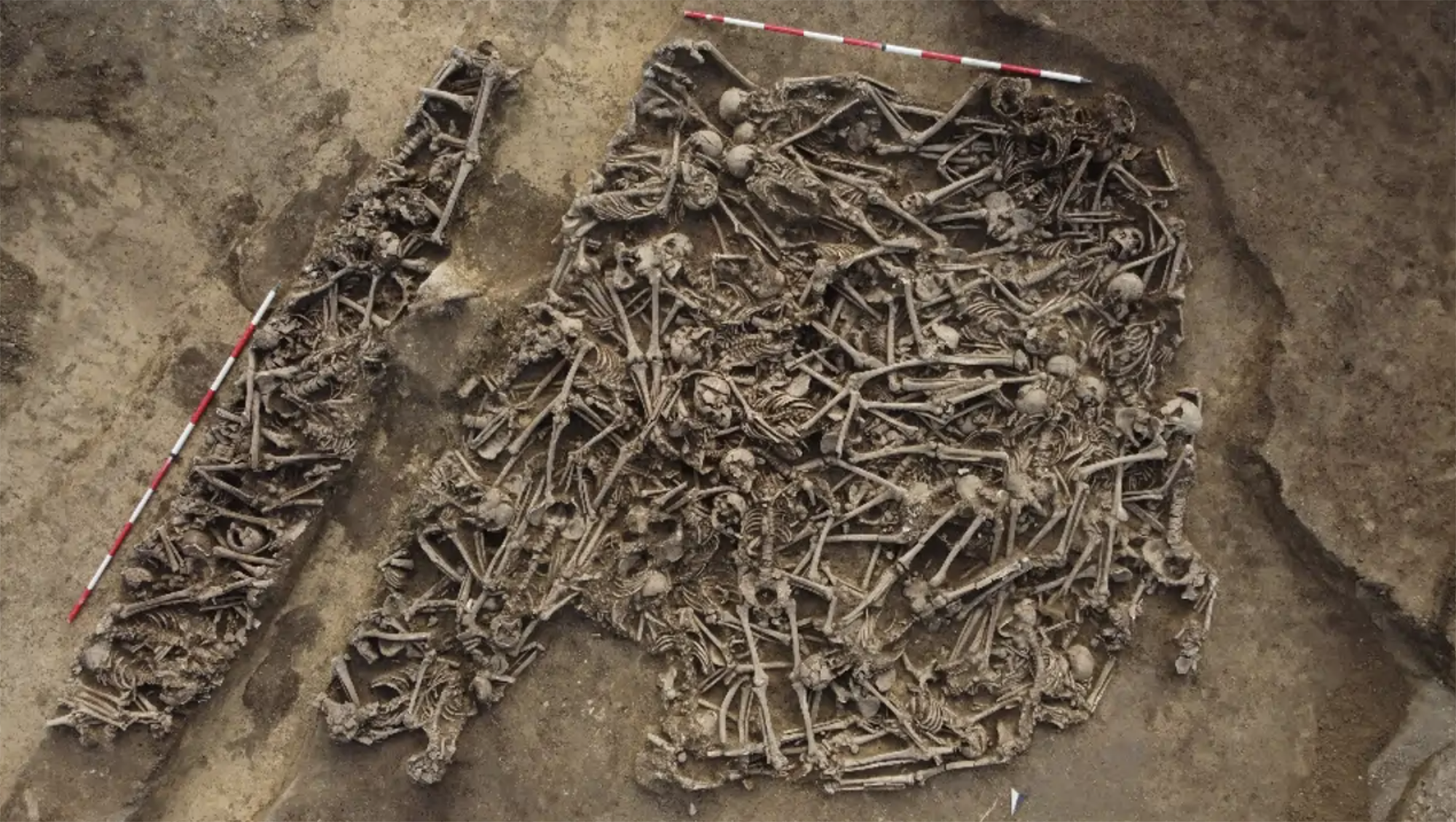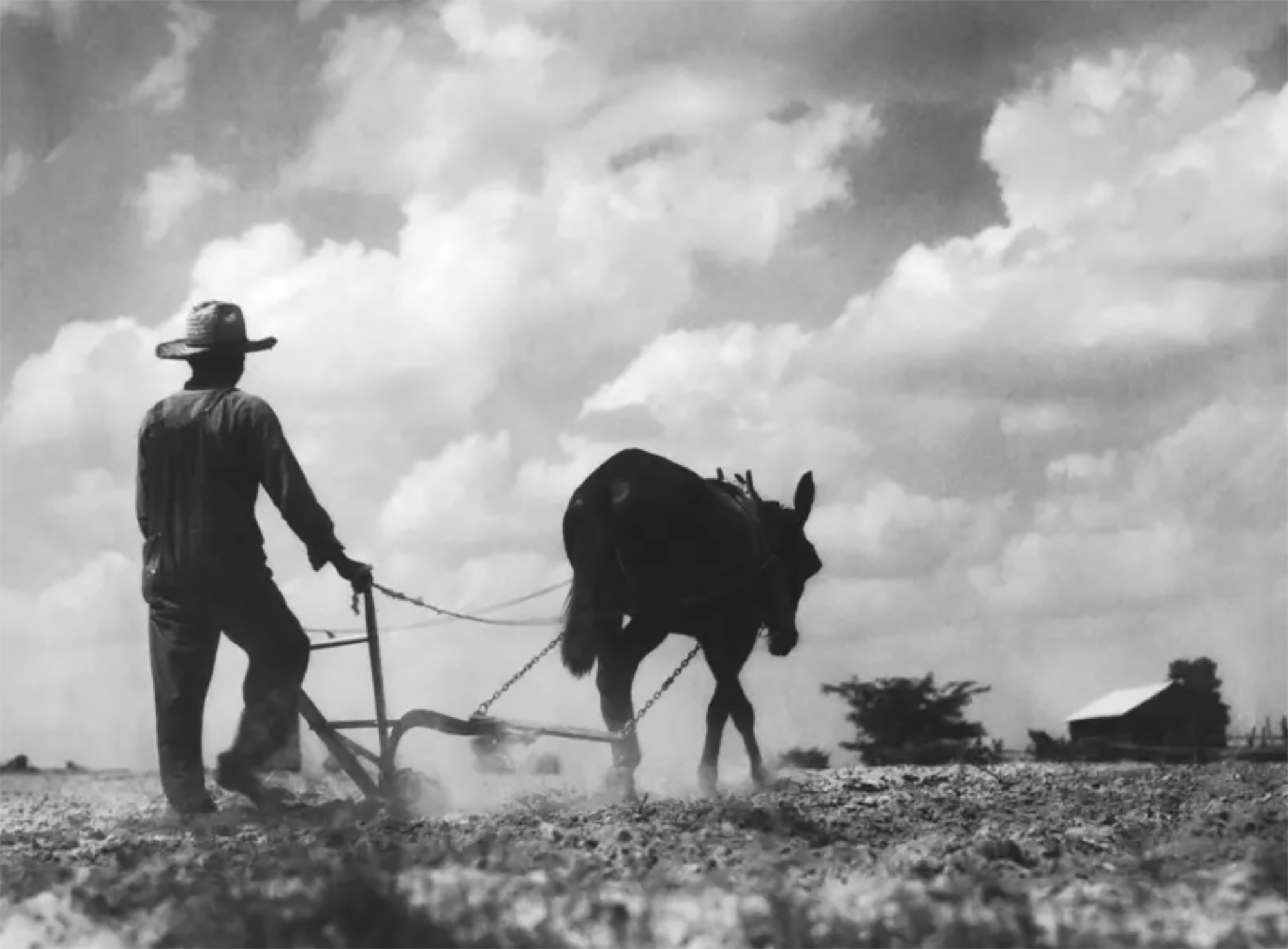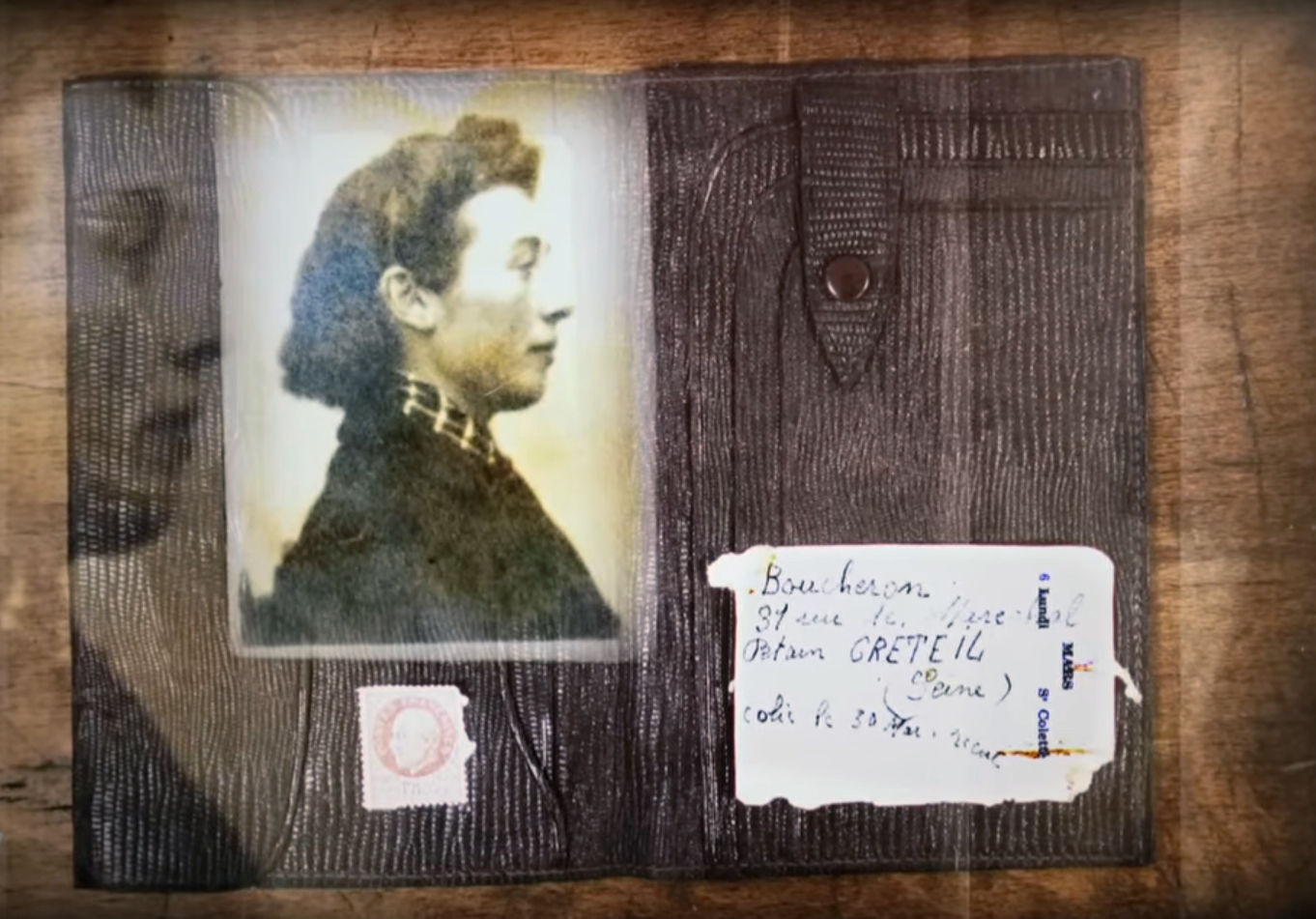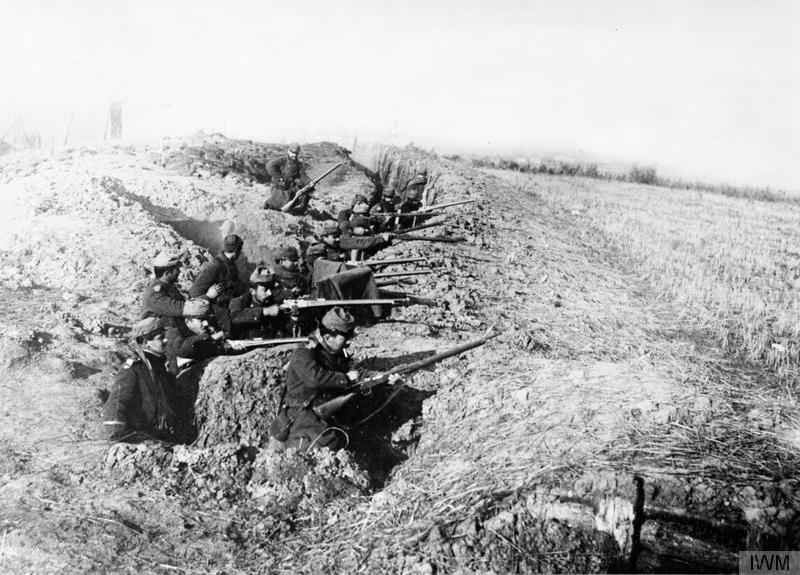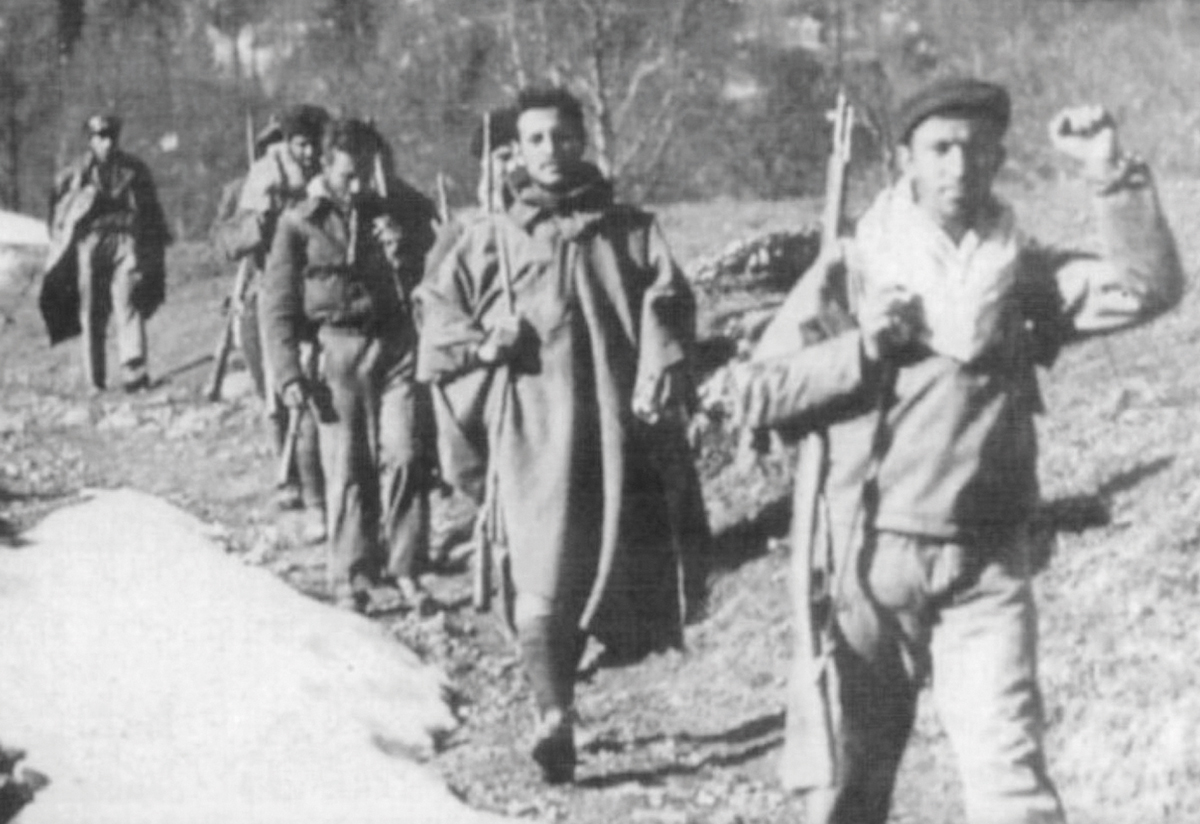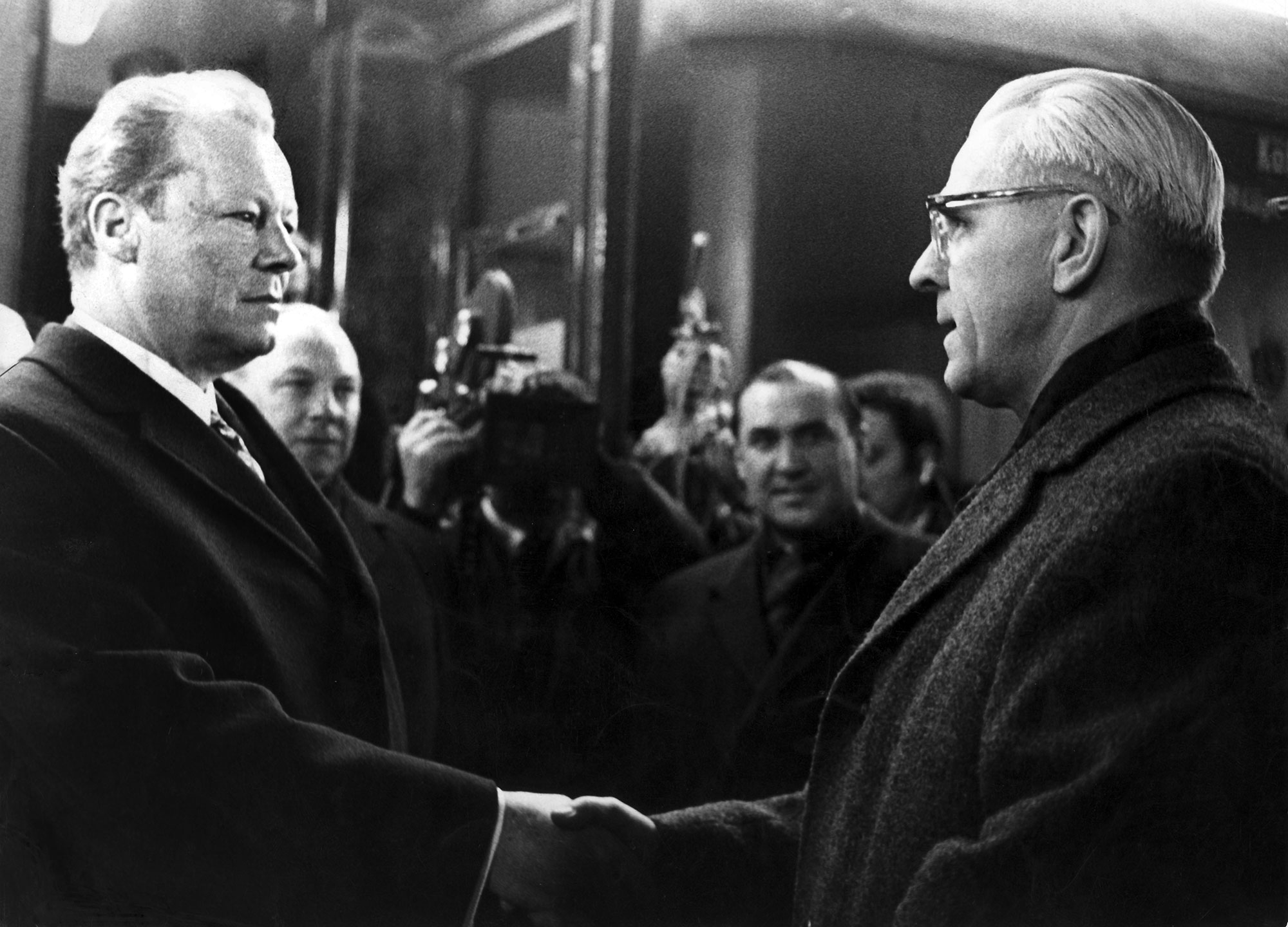The Revolution before the Revolution

Böblingen, Holy Roman Empire, 12 May 1525. Georg Truchsess von Waldburg overthrew the Württemberg insurgent peasants. Three days later, on 15 May, Philip of Hesse and the Duke of Saxony joined forces to crush the Thuringian rebels in Frankenhausen, killing some 5,000 peasants. And on May 22, the Duke of Lorena defeated the Alsatian rebels.
In the past few months the Habsburg army – supported by the princes and nobles of the empire – was in Italy during the war against the French. But that spring they began to extinguish the war inside the house, even violently achieving it. The 1924 German Peasant War was over: Between 100,000 and 130,000 peasants were killed.
Historiography has traditionally characterized this war as both an economic and a religious conflict, with a clear distinction between Catholic peasants and Protestant nobles. Martin Luther joined the cause of the peasants in April 1525, denouncing the abuses of the princes. At the beginning of May, however, he jumped to the opposing side on the pretext of the violence of the insurgent peasants; he understood that he needed the support of the authorities if the Protestant reform was to make its way.
In the second half of the 15th century, the nobles imposed new taxes on the population. It was this pressure that led to the opposition of both civil and religious authorities.
In the second half of the 15th century, the nobles imposed new taxes on the population. This pressure was exerted against the civil and religious authorities egitea.Altxamendua that spread throughout the empire and both the miners and the artisans of the cities joined the peasants.
Although the expansion of the movement seemed to be a strength, the lack of cohesion ended up causing weakness. But they also made efforts to organize. For example, the Baltringen rebels formed a list of demands called the Twelve Articles and expanded them to 25,000. The demands also revealed a turning point: at first, the peasants demanded a return to the “old ways” to reject the measures of the last decades. But then they began to ask for the implementation of the “Divine Law.”
Behind the religious tone and the references of the Gospels, there was a need to establish a new order, a desire to break with the Old Kingdom. Two and a half centuries before the French Revolution, the German peasants tried to make a revolution.
Karl Marx said it was “the most radical event in German history.” Instead, Friedrich Engels called it “the most spectacular revolutionary effort the German people have ever made.” But even 500 years ago, in the midst of the conflict, there were those who realized the nature of the revolution. The Swiss chronicler Johannes Stumpf (1500-1578) wrote: “The blood that has been shed in this 1525 should be enough to drown all tyrants.”
Rudolf Botha hizkuntzalari hegoafrikarrak hipotesi bat bota berri du Homo erectus-i buruz: espezieak ahozko komunikazio moduren bat garatu zuen duela milioi bat urte baino gehiago. Homo sapiens-a da, dakigunez, hitz egiteko gai den espezie bakarra eta, beraz, hortik... [+]
During the renovation of a sports field in the Simmering district of Vienna, a mass grave with 150 bodies was discovered in October 2024. They conclude that they were Roman legionnaires and A.D. They died around 100 years ago. Or rather, they were killed.
The bodies were buried... [+]
Washington, D.C., June 17, 1930. The U.S. Congress passed the Tariff Act. It is also known as the Smoot-Hawley Act because it was promoted by Senator Reed Smoot and Representative Willis Hawley.
The law raised import tax limits for about 900 products by 40% to 60% in order to... [+]
My mother always says: “I never understood why World War I happened. It doesn't make any sense to him. He does not understand why the old European powers were involved in such barbarism and does not get into his head how they were persuaded to kill these young men from Europe,... [+]
Until now we have believed that those in charge of copying books during the Middle Ages and before the printing press was opened were men, specifically monks of monasteries.
But a group of researchers from the University of Bergen, Norway, concludes that women also worked as... [+]
Florentzia, 1886. Carlo Collodi Le avventure de Pinocchio eleberri ezagunaren egileak zera idatzi zuen pizzari buruz: “Labean txigortutako ogi orea, gainean eskura dagoen edozer gauzaz egindako saltsa duena”. Pizza hark “zikinkeria konplexu tankera” zuela... [+]
Ereserkiek, kanta-modalitate zehatz, eder eta arriskutsu horiek, komunitate bati zuzentzea izan ohi dute helburu. “Ene aberri eta sasoiko lagunok”, hasten da Sarrionandiaren poema ezaguna. Ereserki bat da, jakina: horra nori zuzentzen zaion tonu solemnean, handitxo... [+]













